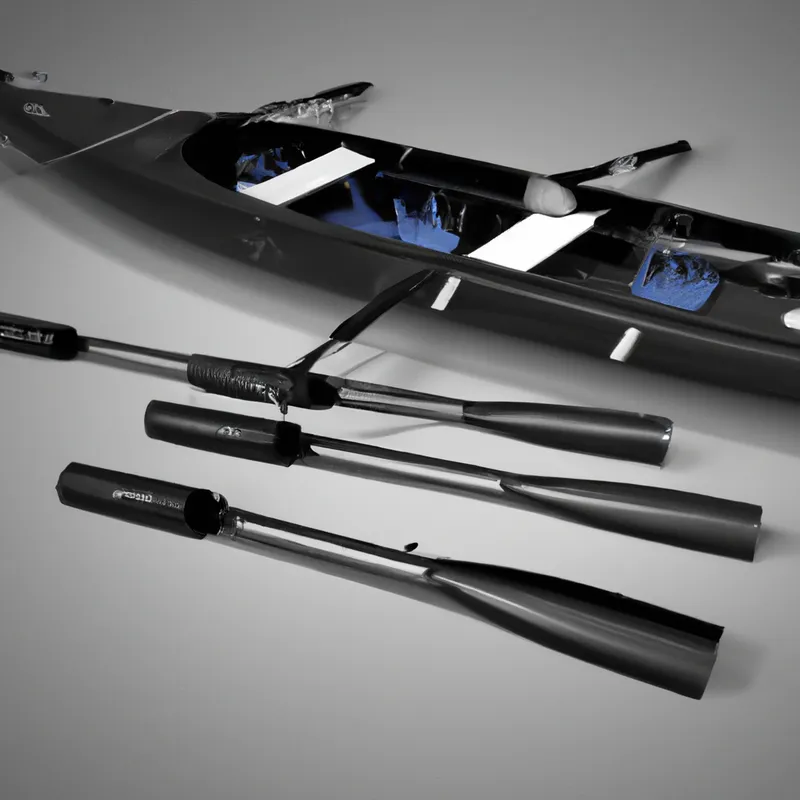Master Recovery: A Rower’s Secret Weapon
The Art of Recovery: Rest Days and Their Importance for Rowers
Rowing demands physical strength and mental focus. Both seasoned athletes and novices feel the physical toll of intense training. Many rowers overlook an essential part of their training: recovery. Rest days serve as crucial components of a balanced training program. This blog explores the significance of rest days and offers effective recovery tips.
Understanding Recovery
Recovery allows your body to heal and adapt after exertion. Rowing stresses your muscles and joints, causing tiny tears in muscle fibers. This process builds strength. Rest enables your body to repair these tears, making muscles stronger. Without proper recovery, you risk injuries, fatigue, and decreased performance.
Mental recovery is equally vital. Rowing demands intense concentration and focus. Overtraining can cause mental fatigue, burnout, and reduced enthusiasm for the sport. Thus, understanding recovery benefits rowers at all skill levels.
The Science Behind Recovery
Recovery involves fascinating physiological processes. After tough workouts, your body experiences “supercompensation.” During this phase, your body adapts to stress by increasing muscle strength and endurance. This adaptation requires adequate recovery time. Pushing too hard can lead to overtraining, decreasing performance instead of improving it.
Studies show that adequate recovery enhances energy efficiency, leading to improved endurance. Balancing training and recovery can significantly boost performance over time.
Tips for Effective Rest Days
1. Listen to Your Body
Your body provides important signals. Pay attention to feelings after intense workouts. Signs of fatigue, soreness, or decreased performance indicate a need for rest. Ignoring these signals can cause injuries that may sideline you.
2. Stay Active, but Rest
Rest days don’t require complete inactivity. Engage in light activities like walking, stretching, or yoga. These activities promote blood flow and alleviate muscle soreness. They also keep your body limber and prepared for the next workout.
3. Hydrate and Nourish
Nutrition and hydration play vital roles during recovery. Drink plenty of water to stay hydrated. Focus on balanced meals that include protein, healthy fats, and complex carbohydrates. Protein aids muscle repair.
Conclusion
Incorporating rest days into your training routine enhances recovery and performance. Prioritize recovery for better results in rowing.
Below are related products based on this post:
FAQ
Why are rest days important for rowers?
Rest days are crucial for rowers because they allow the body to heal and adapt after intense training. Recovery helps repair tiny tears in muscle fibers caused by exertion, making muscles stronger. Without proper recovery, rowers risk injuries, fatigue, and decreased performance.
What activities can I do on my rest days?
On rest days, you don’t need to be completely inactive. Engaging in light activities such as walking, stretching, or yoga can promote blood flow, alleviate muscle soreness, and keep your body limber, preparing you for your next workout.
How does nutrition impact recovery for rowers?
Nutrition plays a vital role in recovery. Staying hydrated by drinking plenty of water is essential. Additionally, focusing on balanced meals that include protein, healthy fats, and complex carbohydrates aids muscle repair and supports overall recovery.















Post Comment